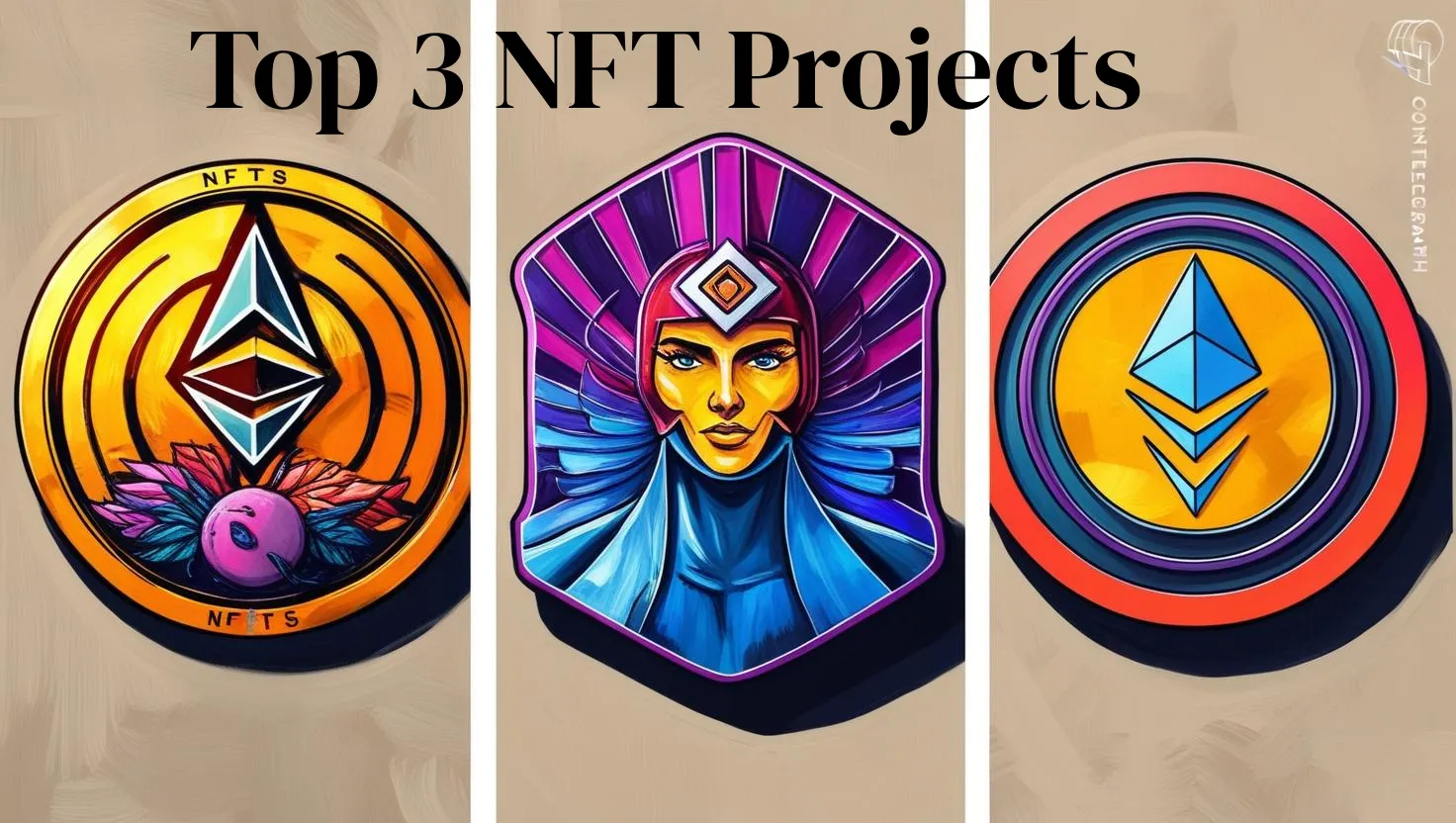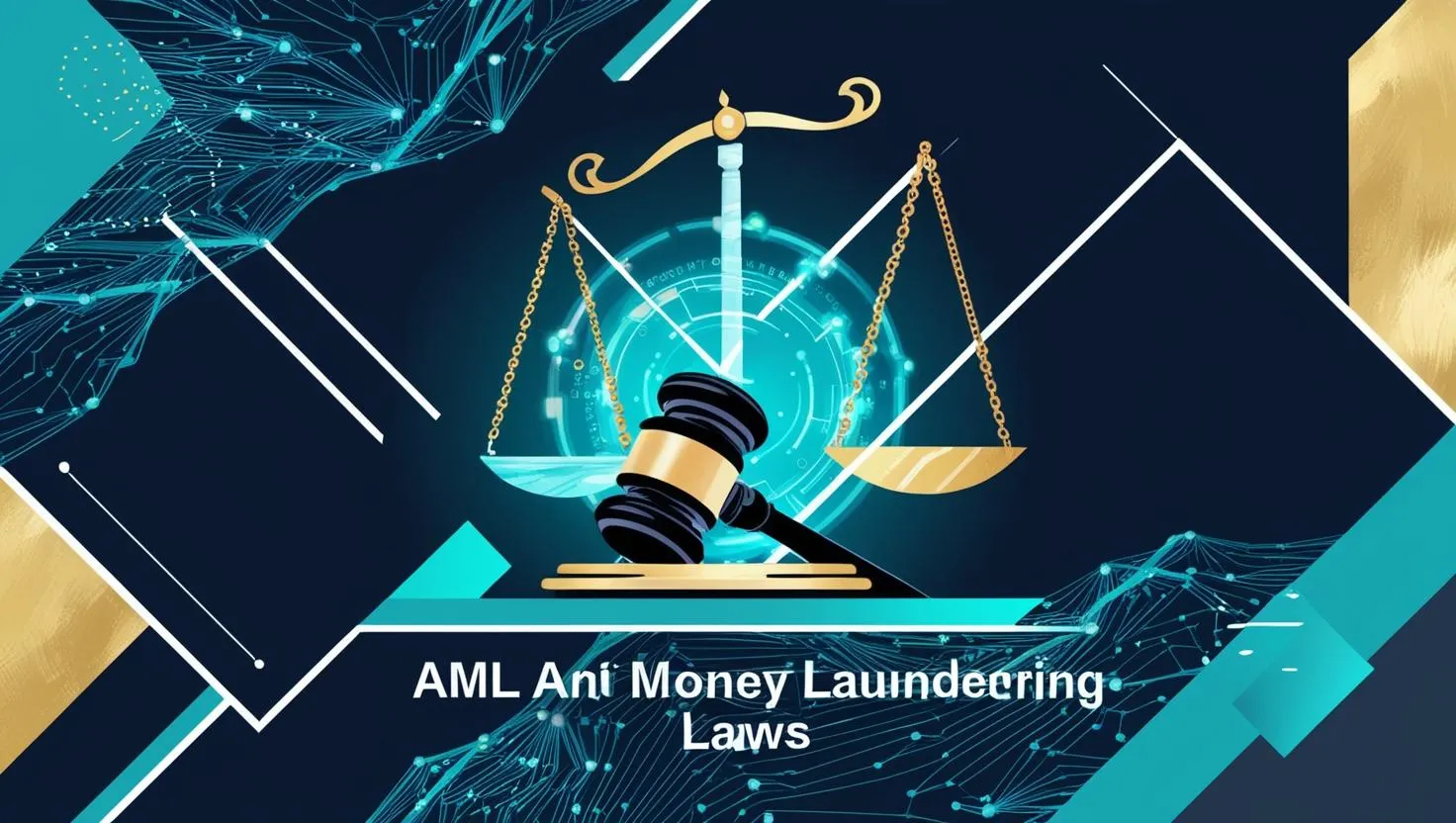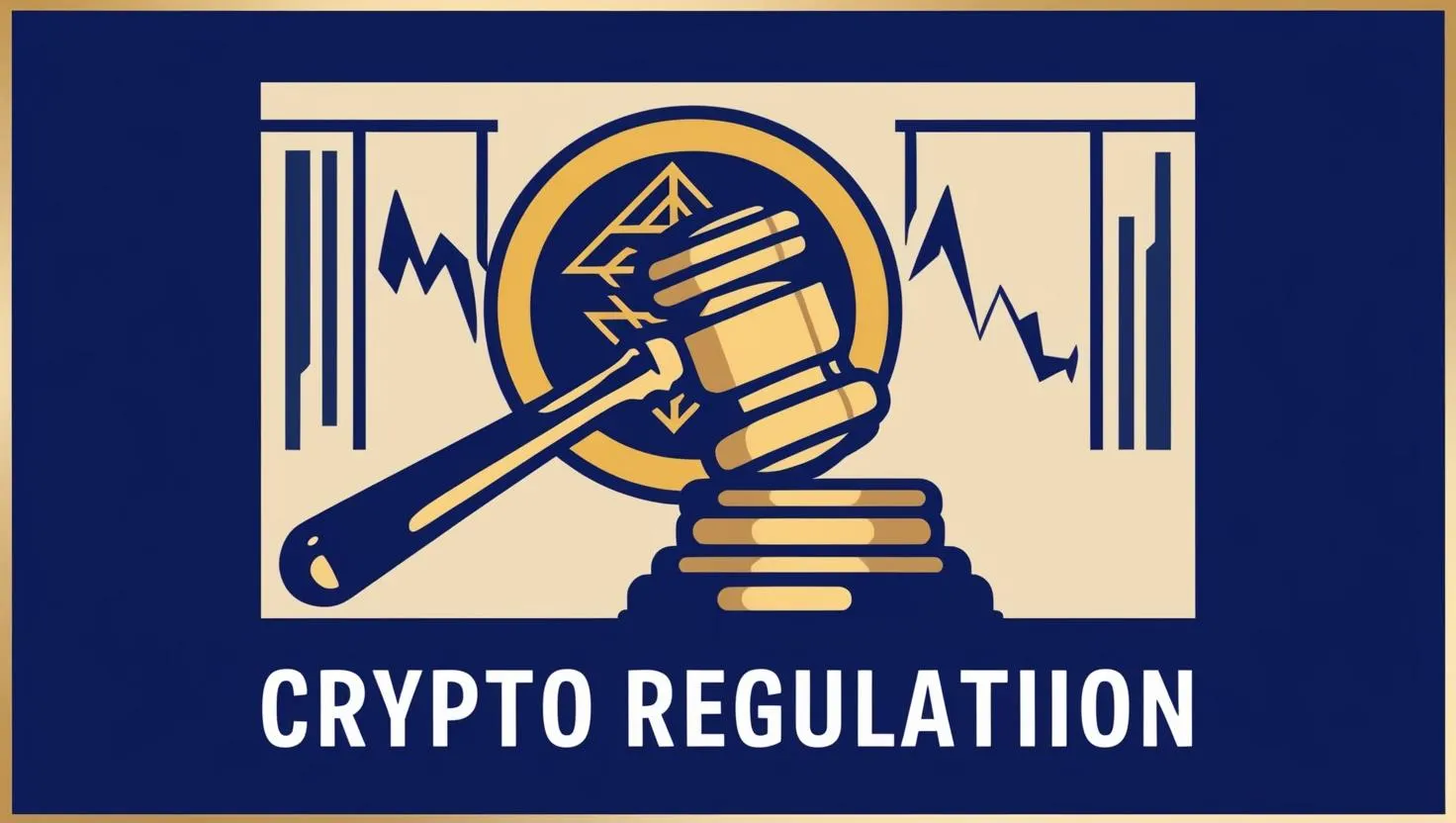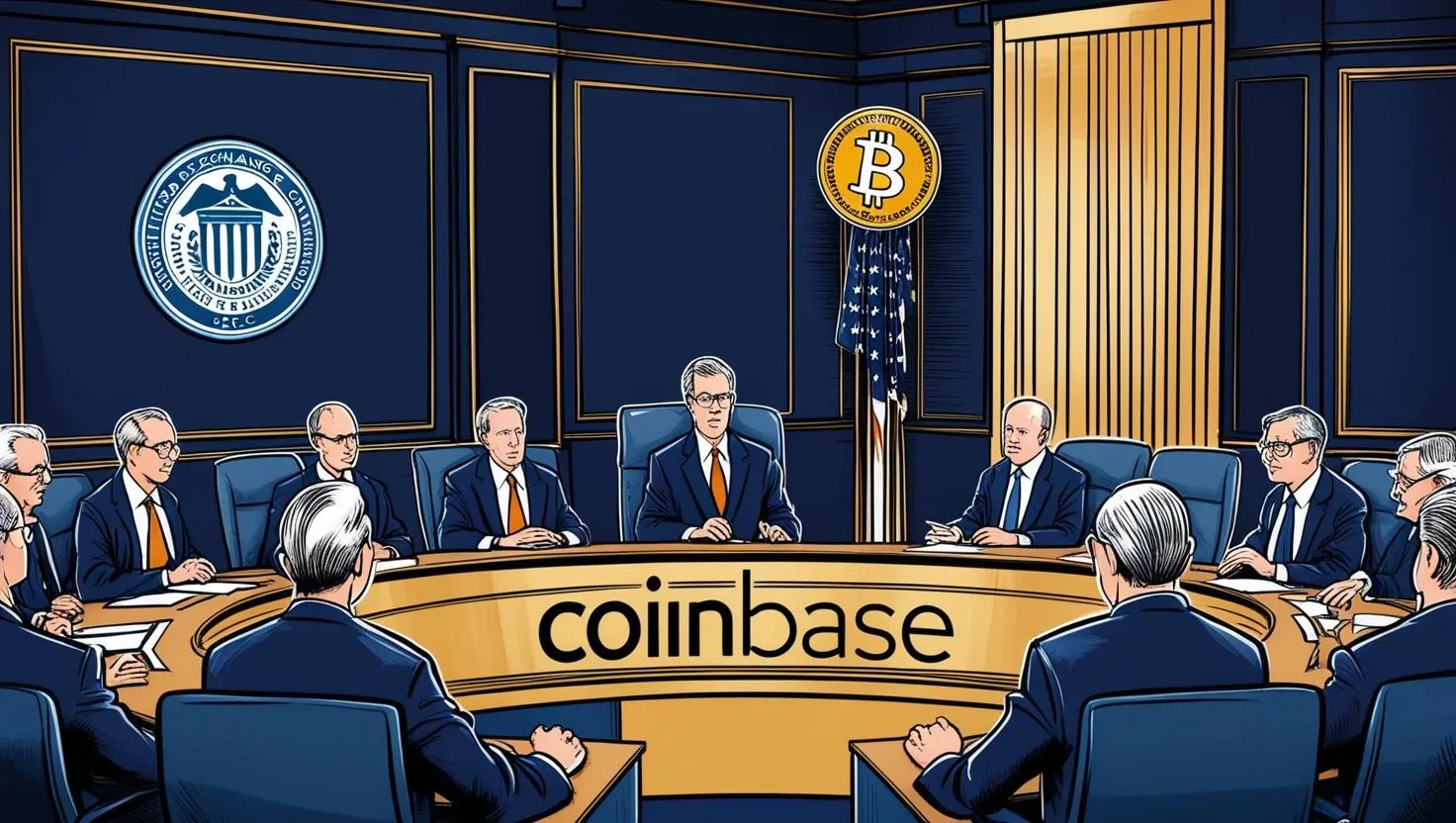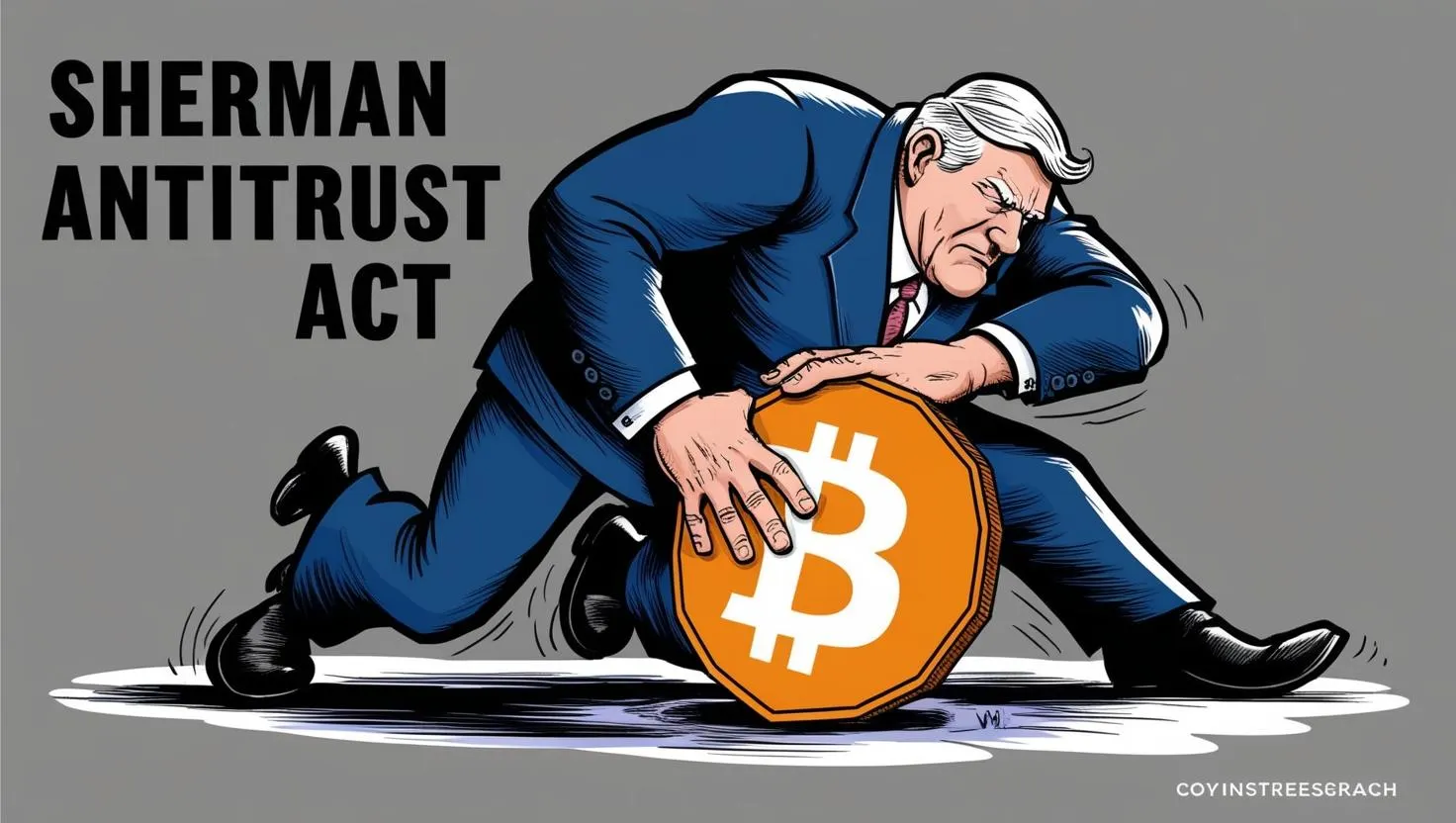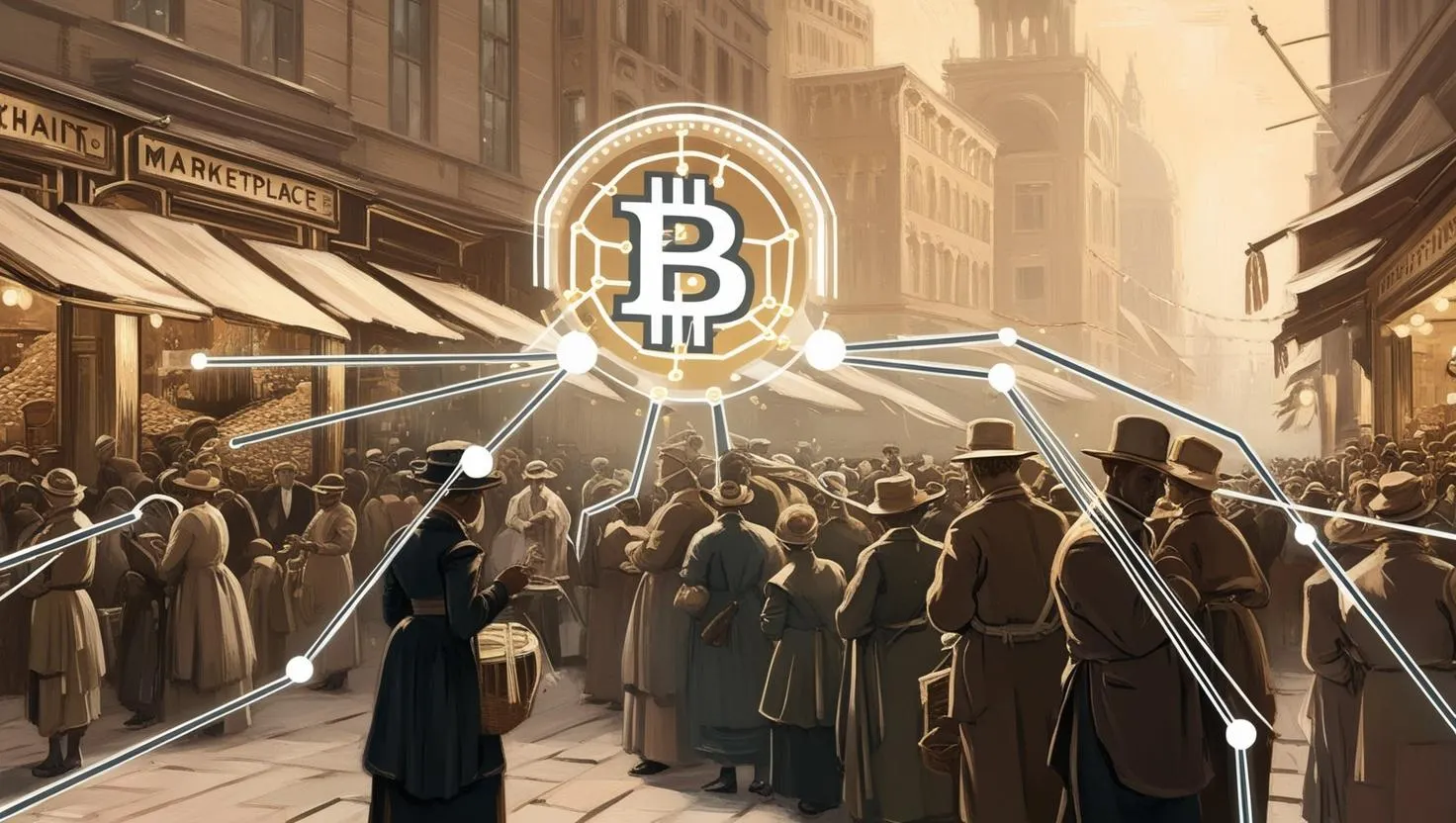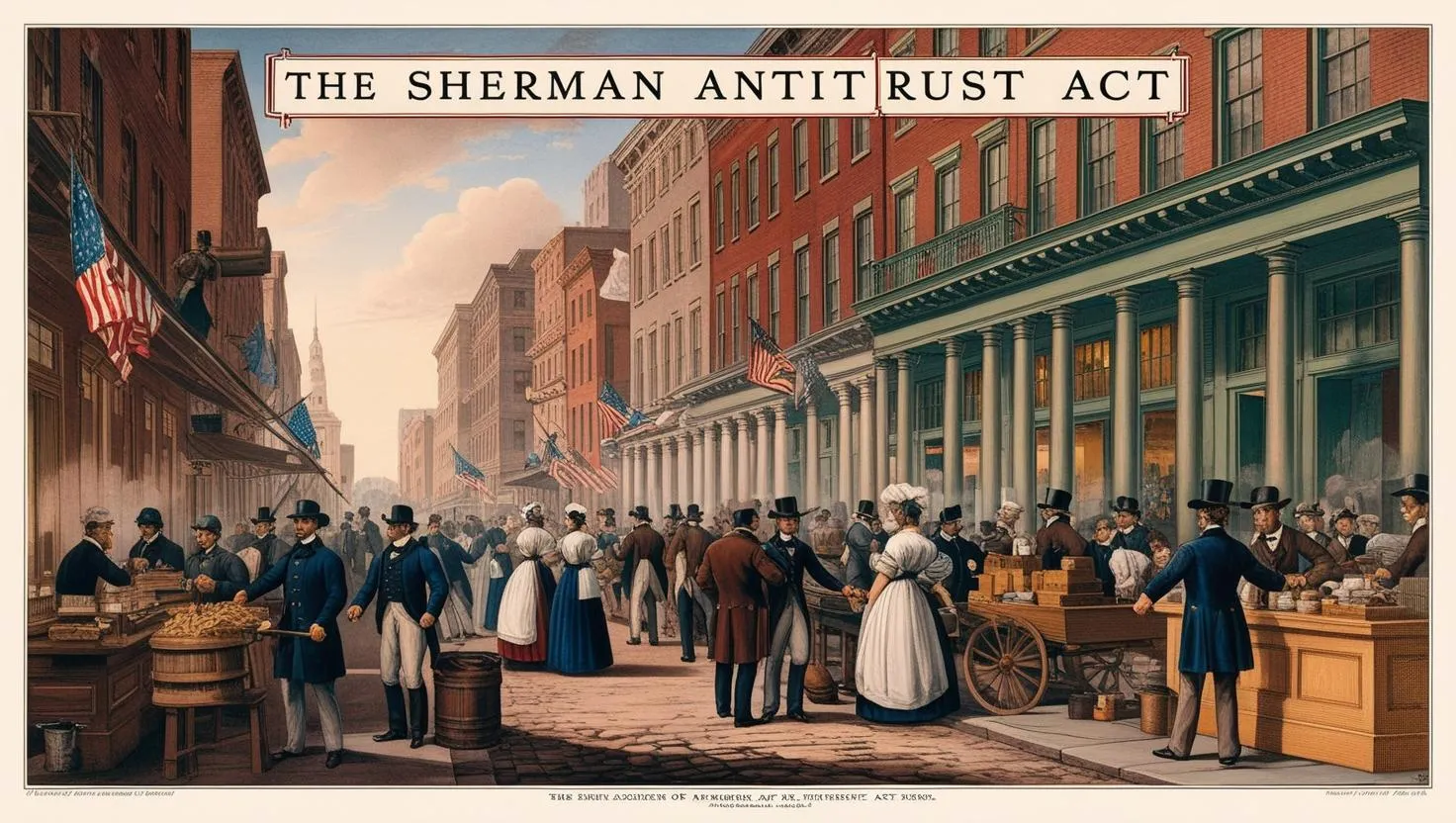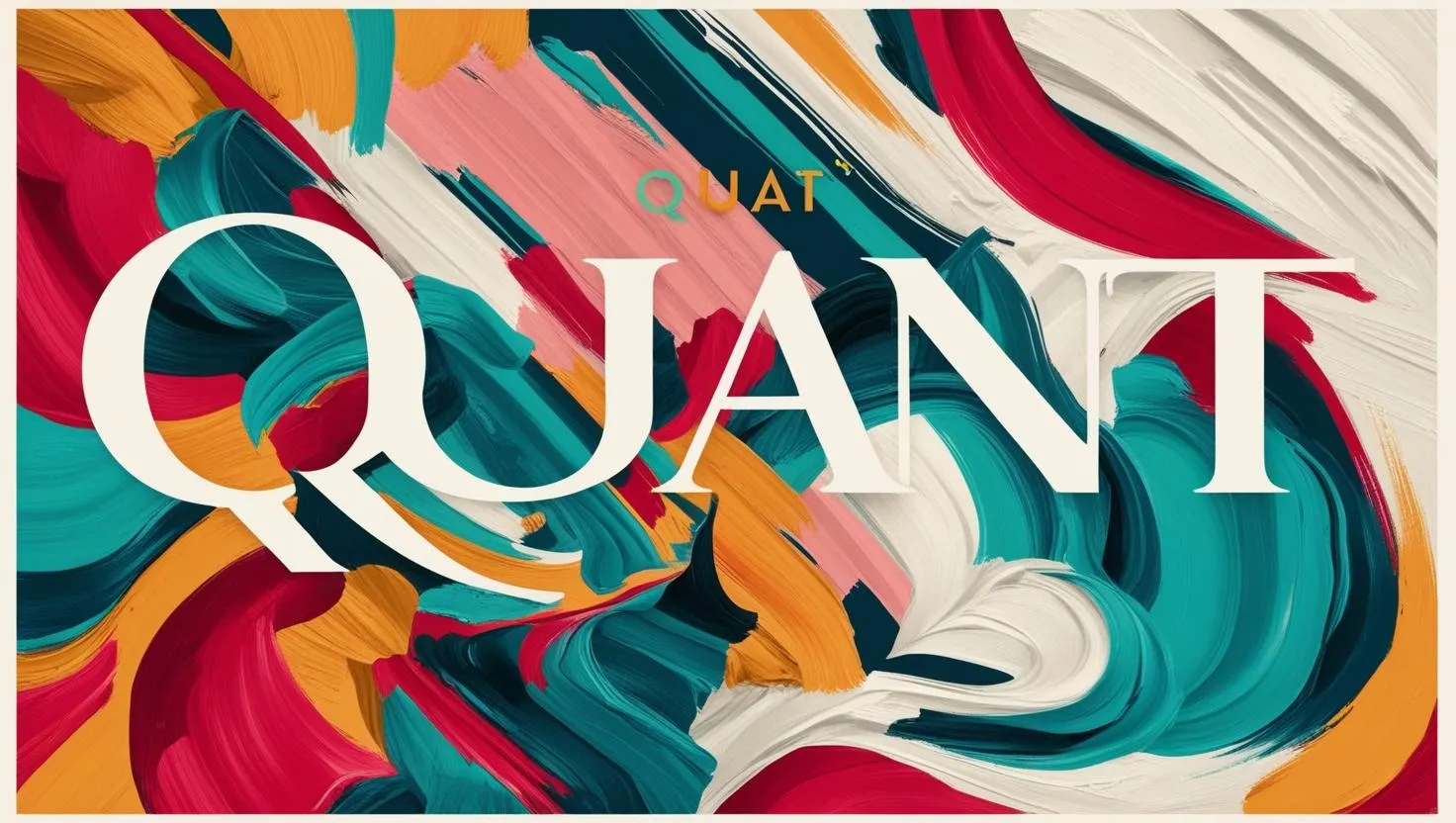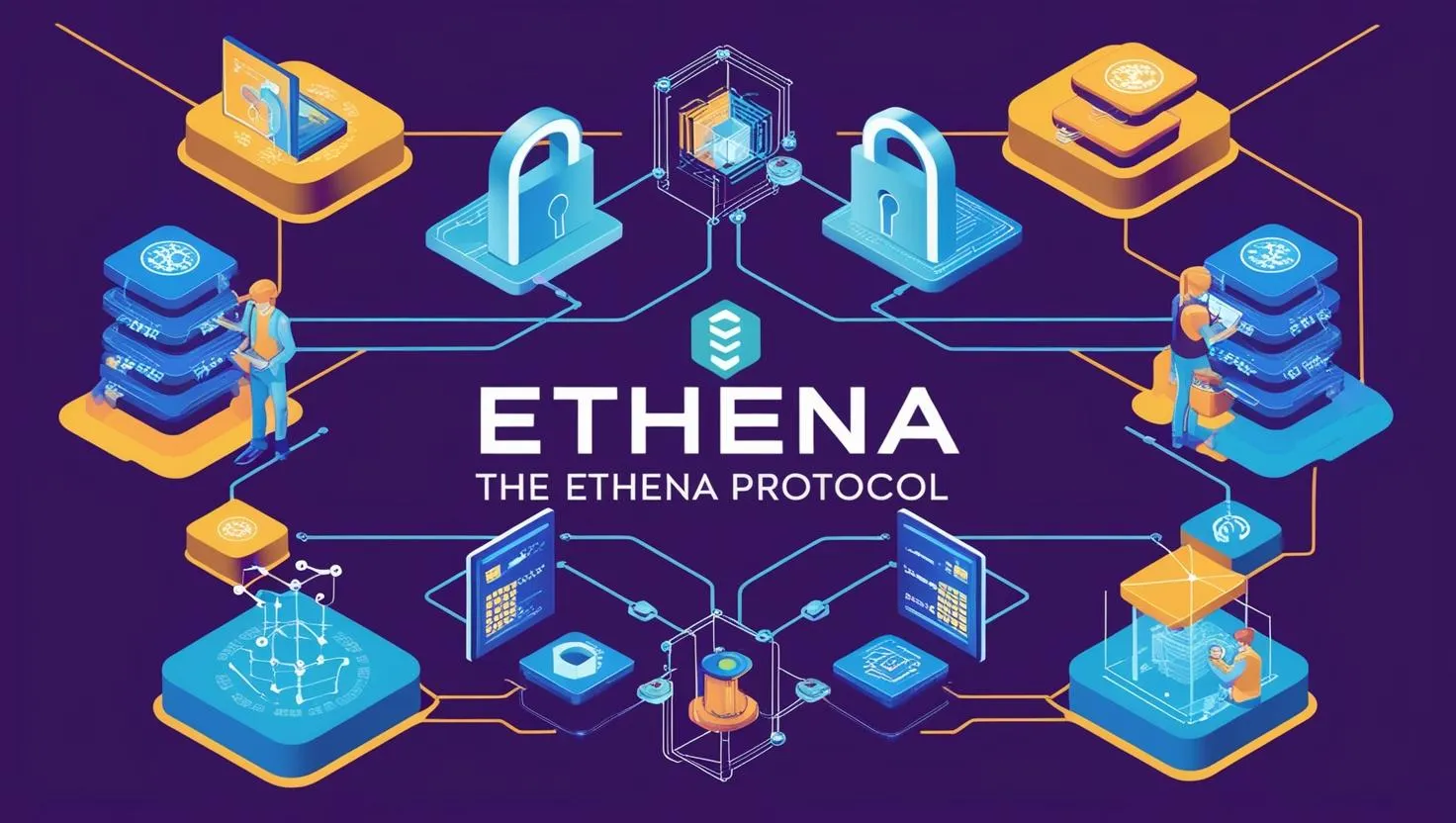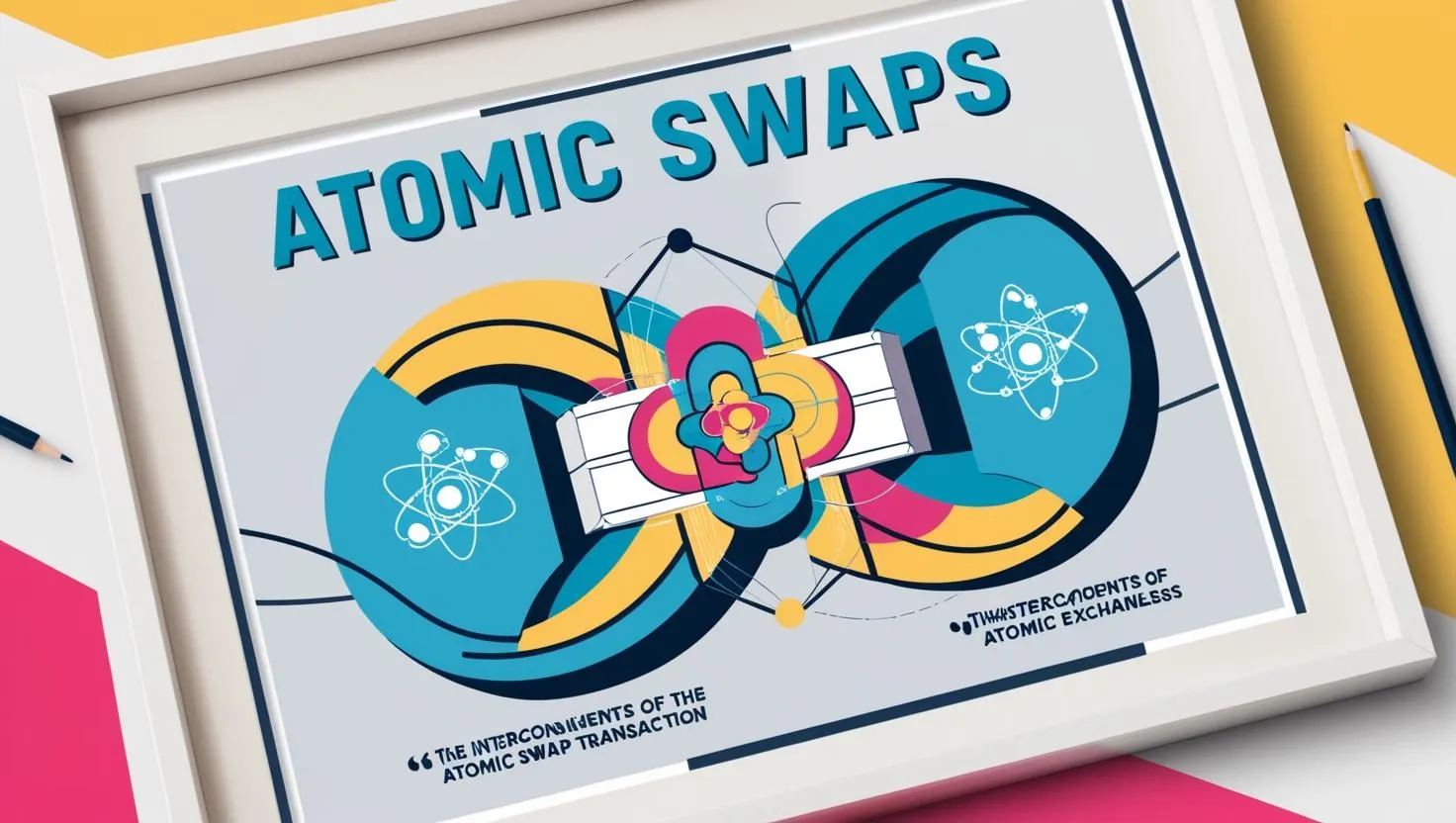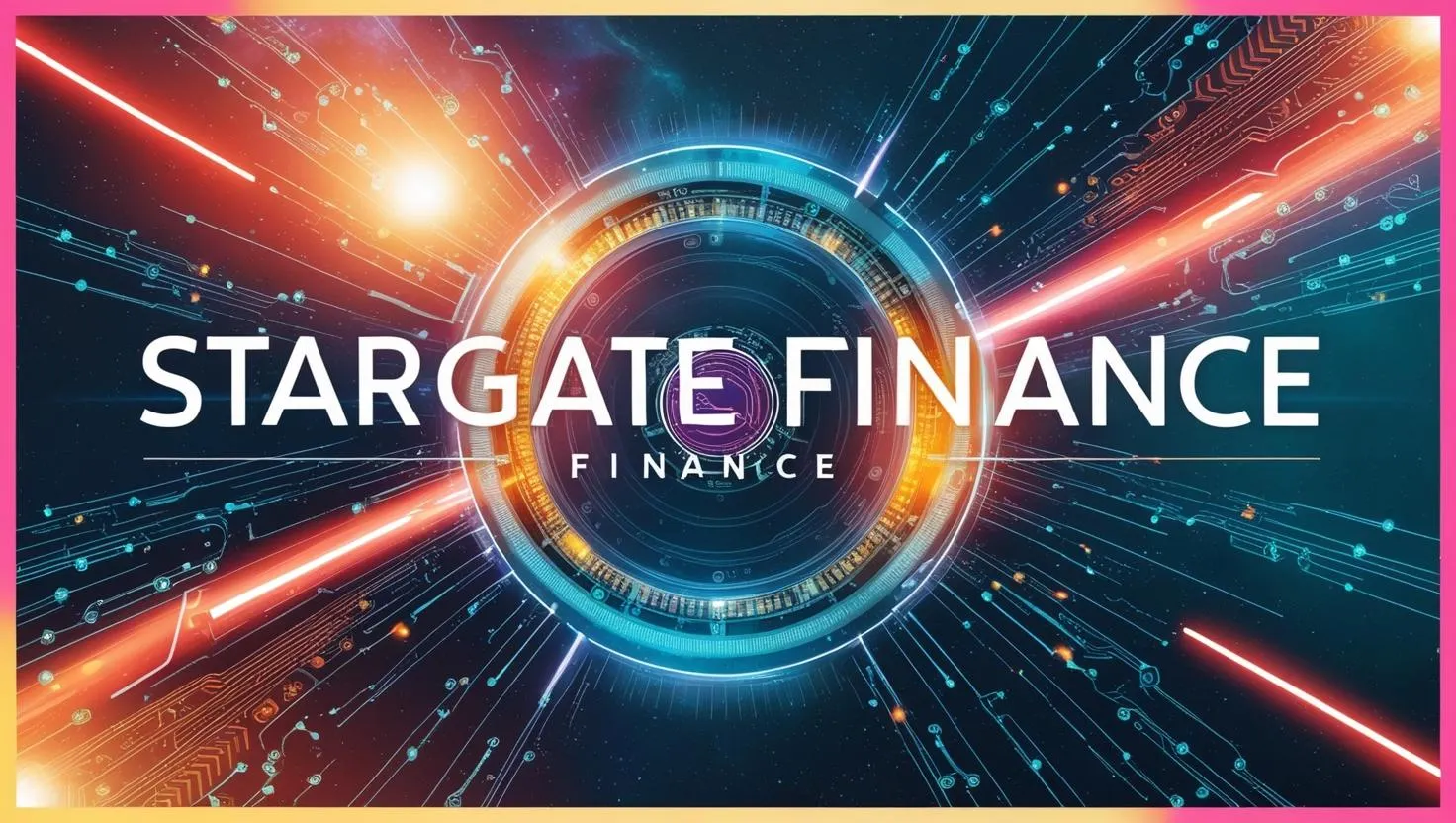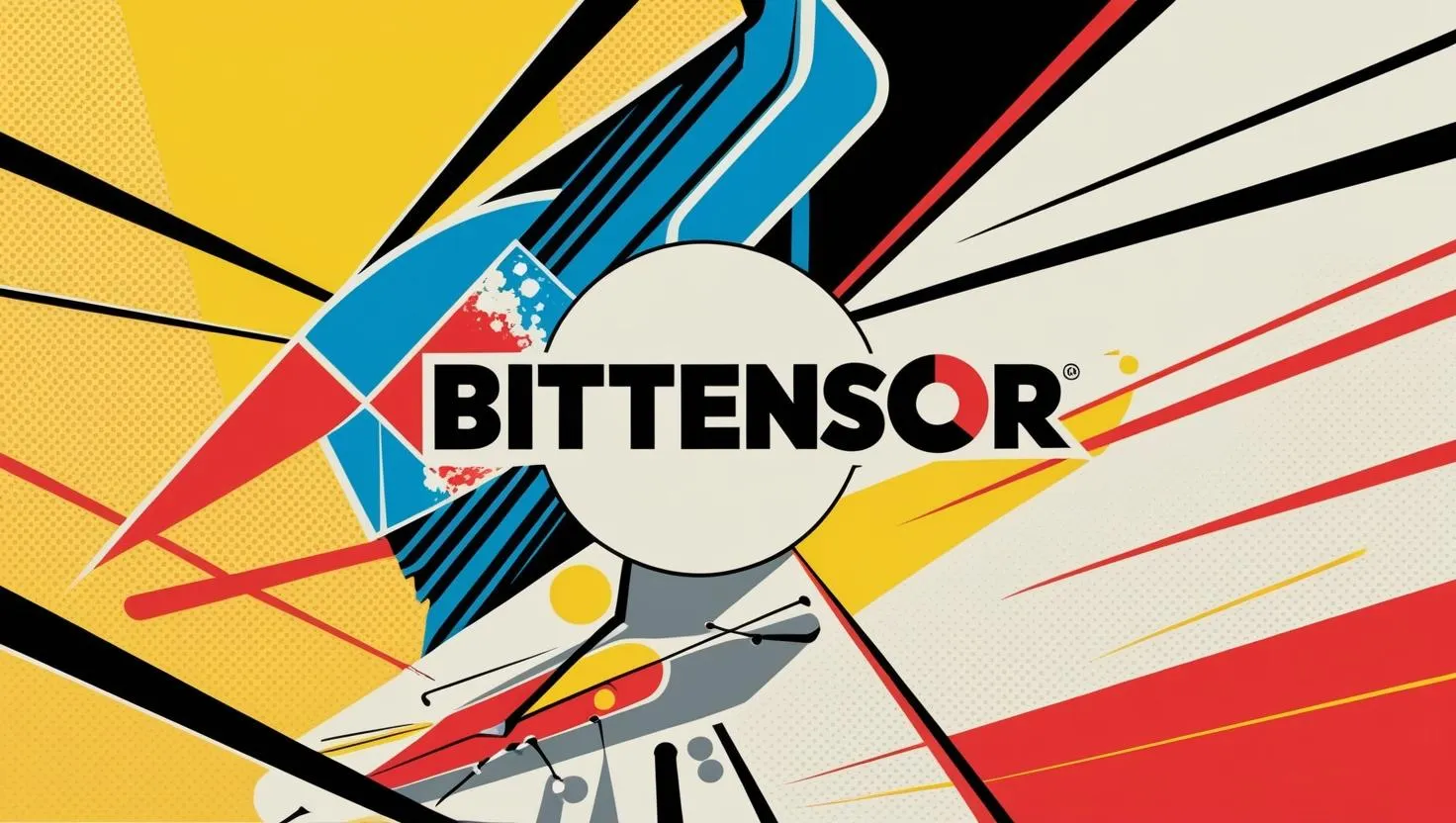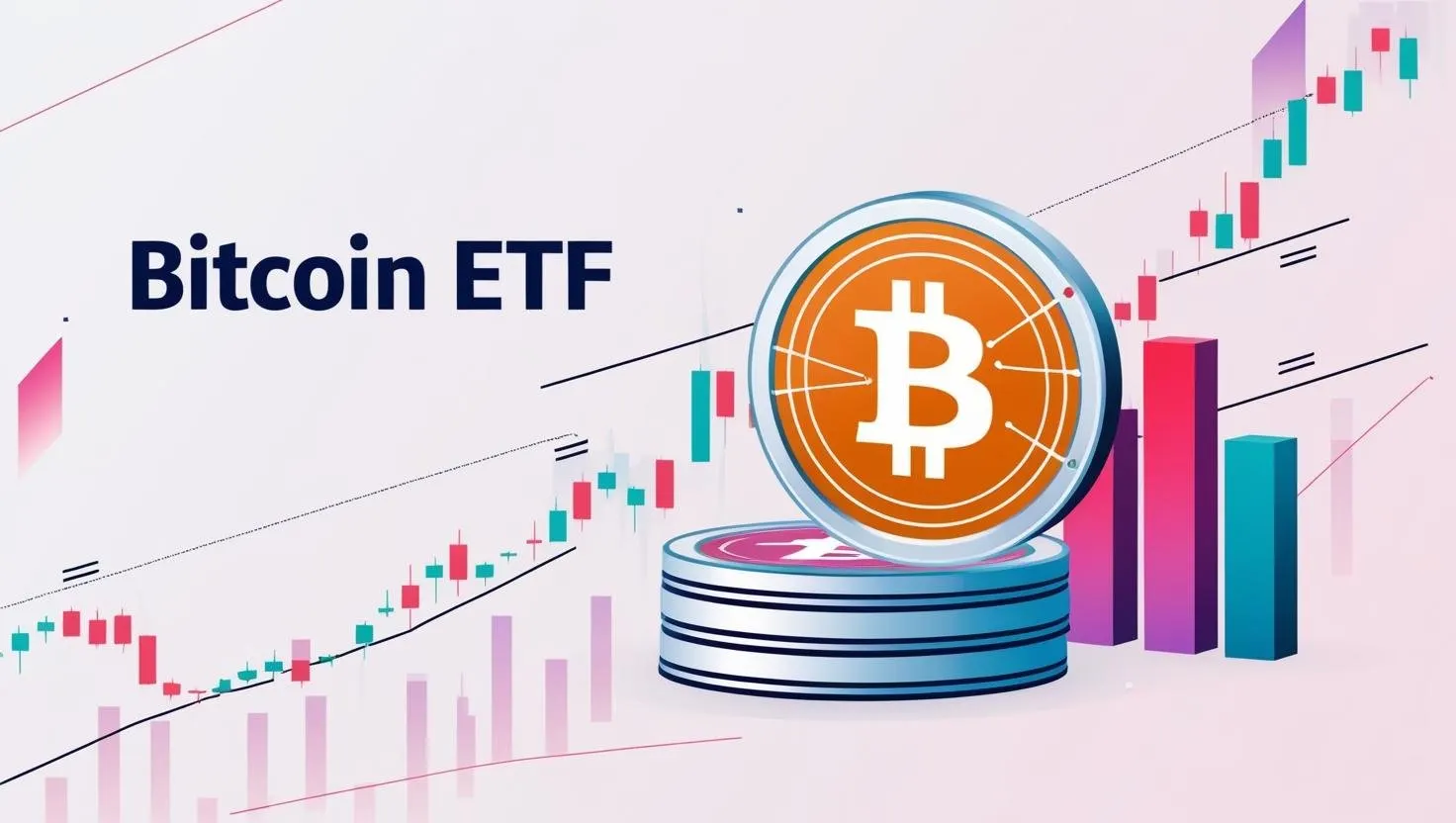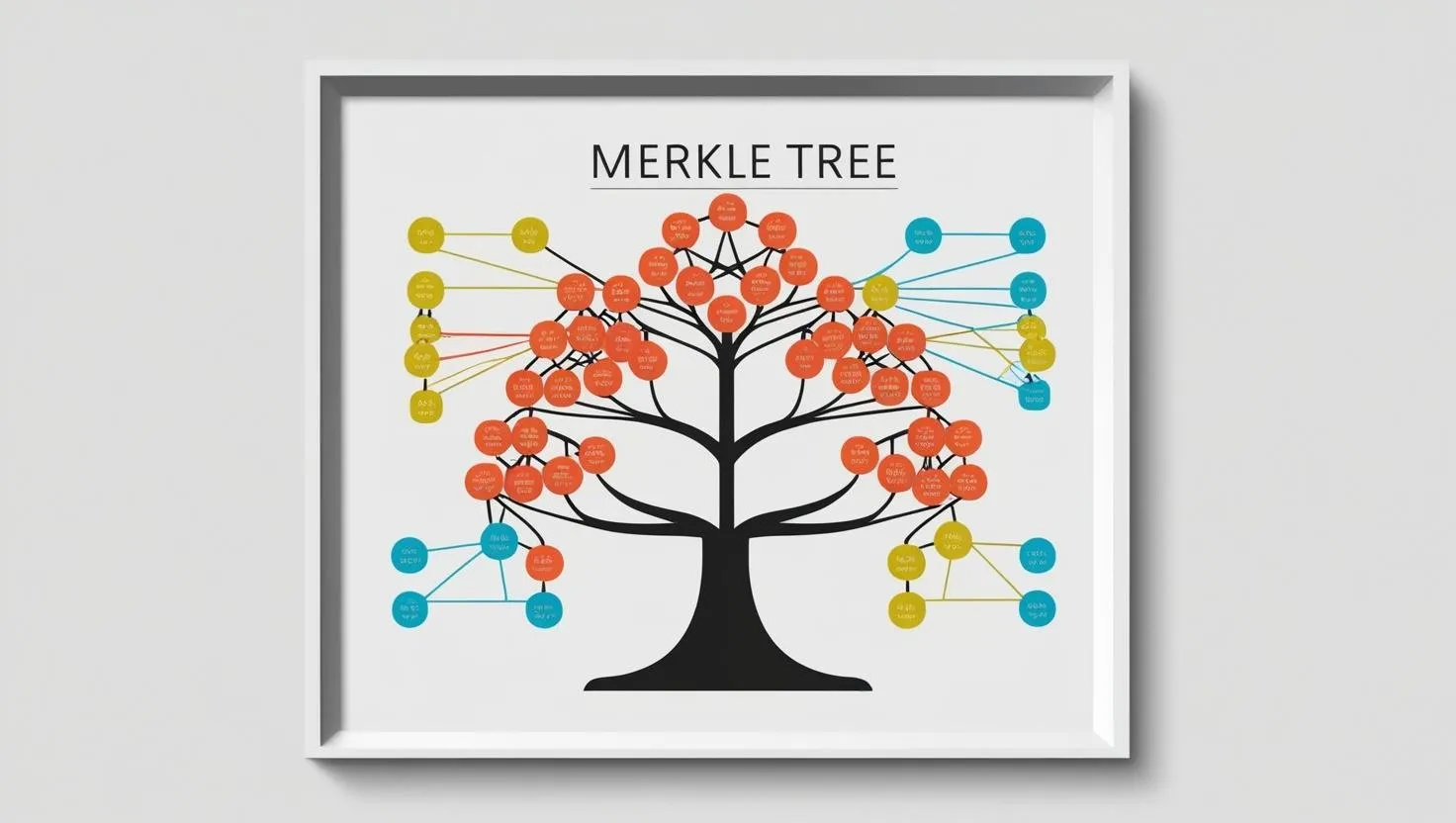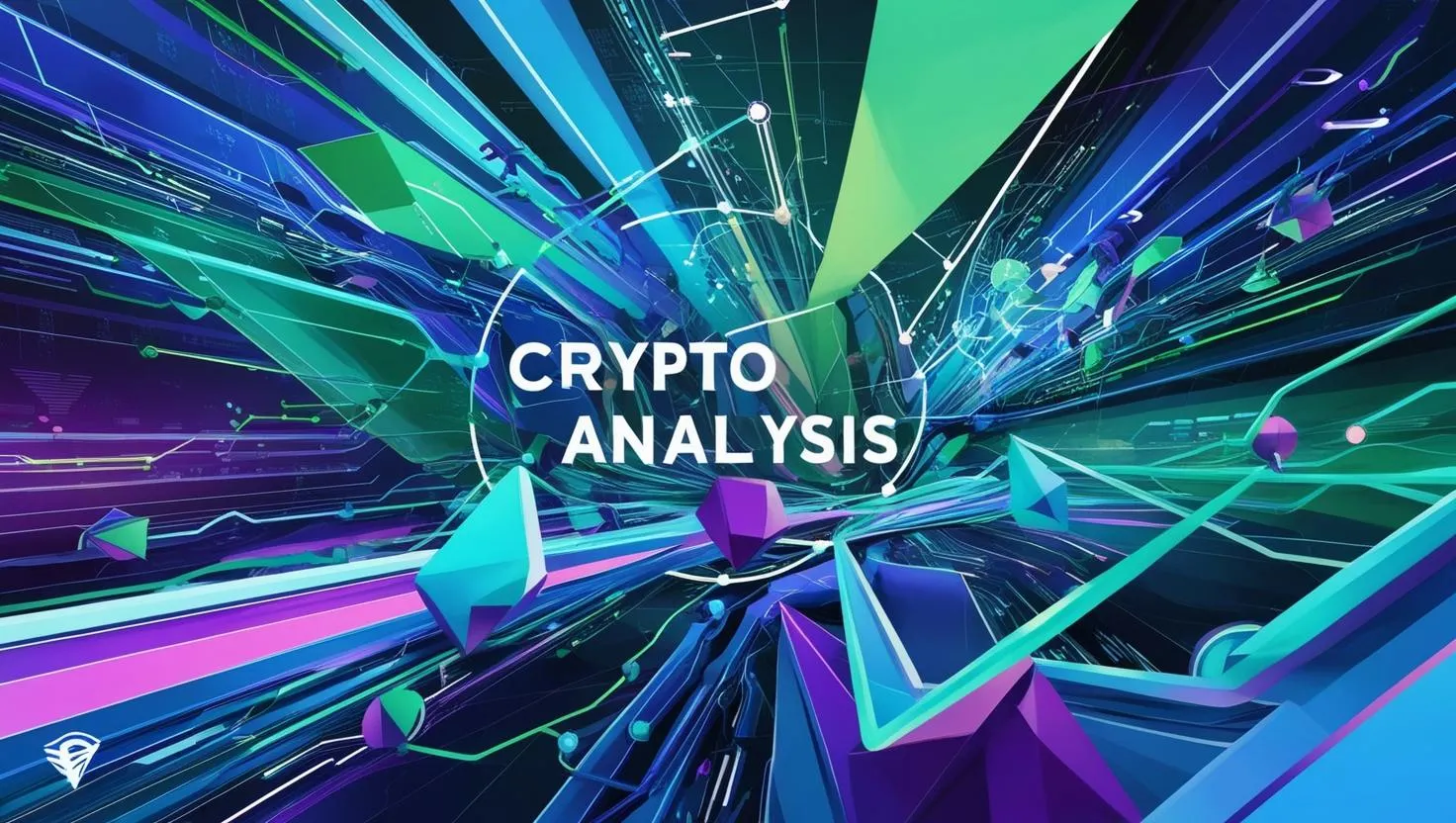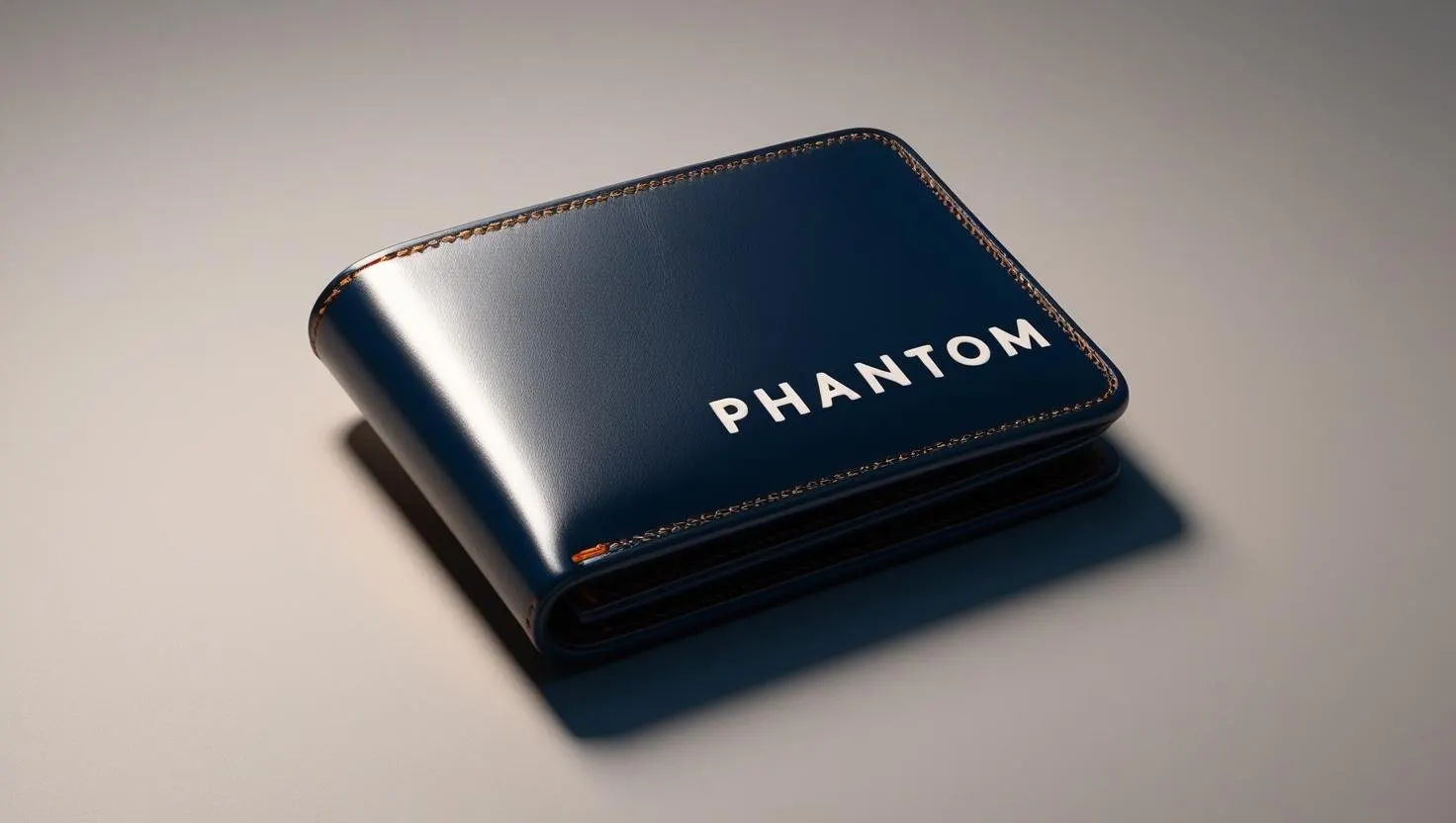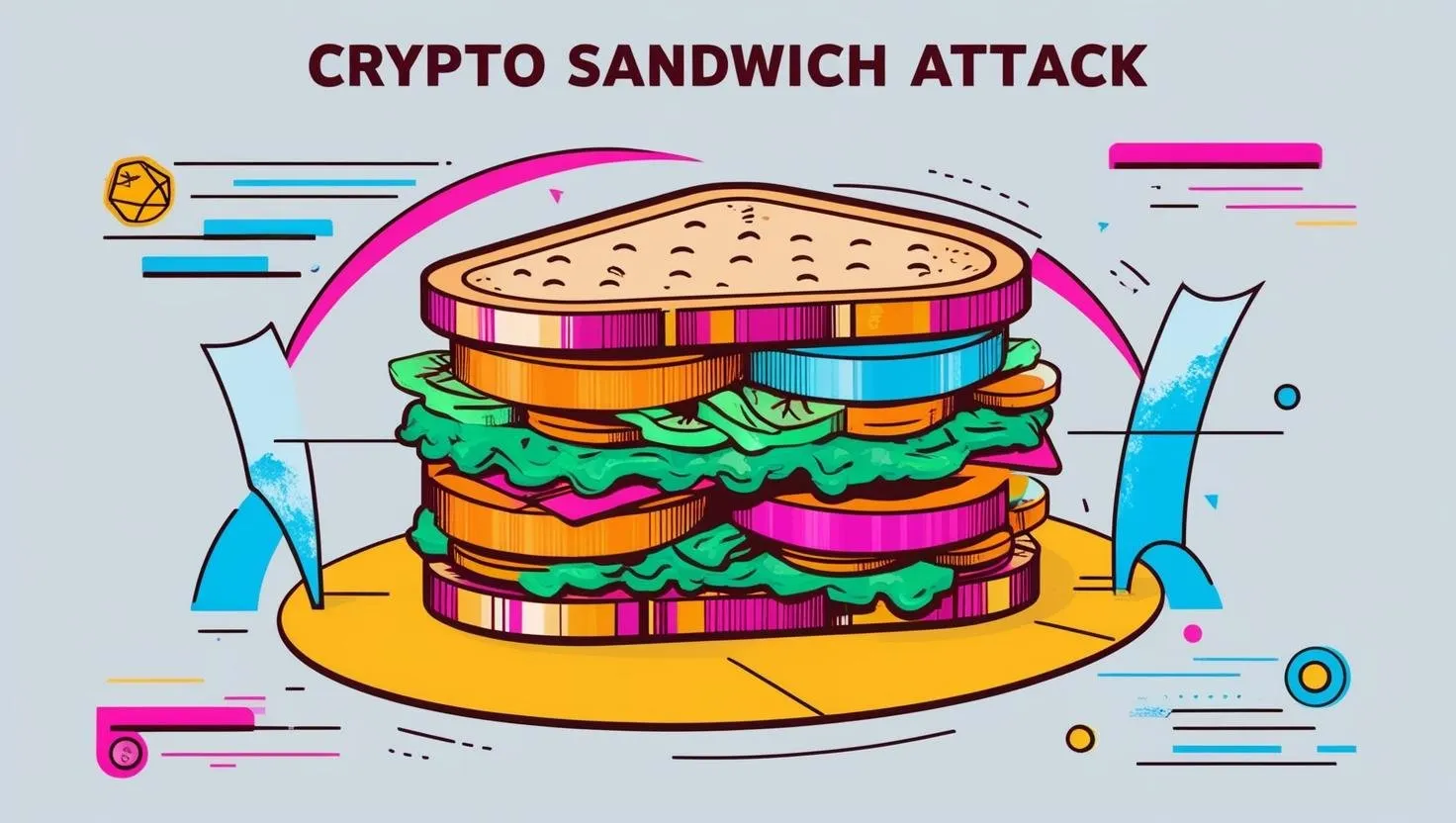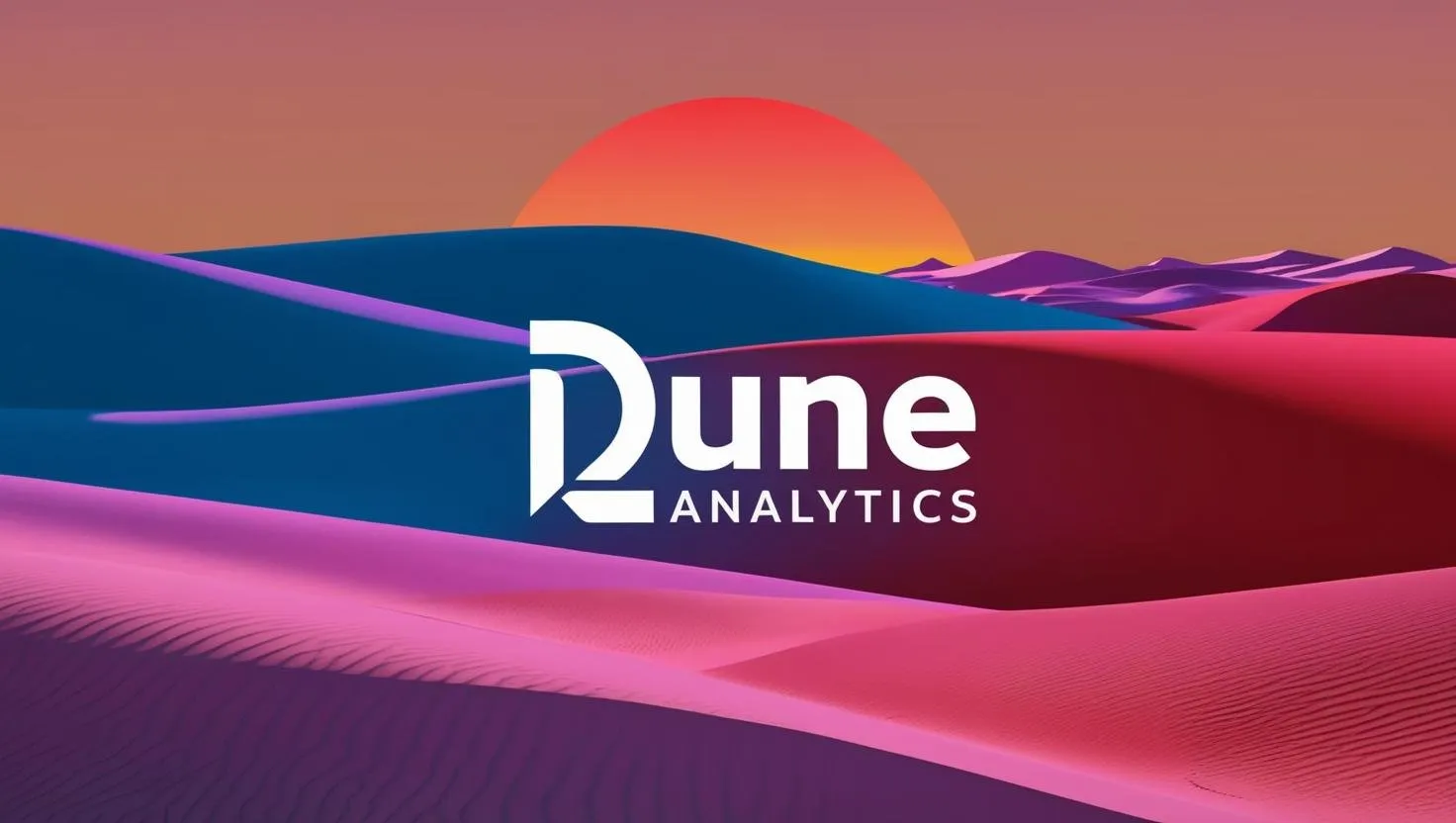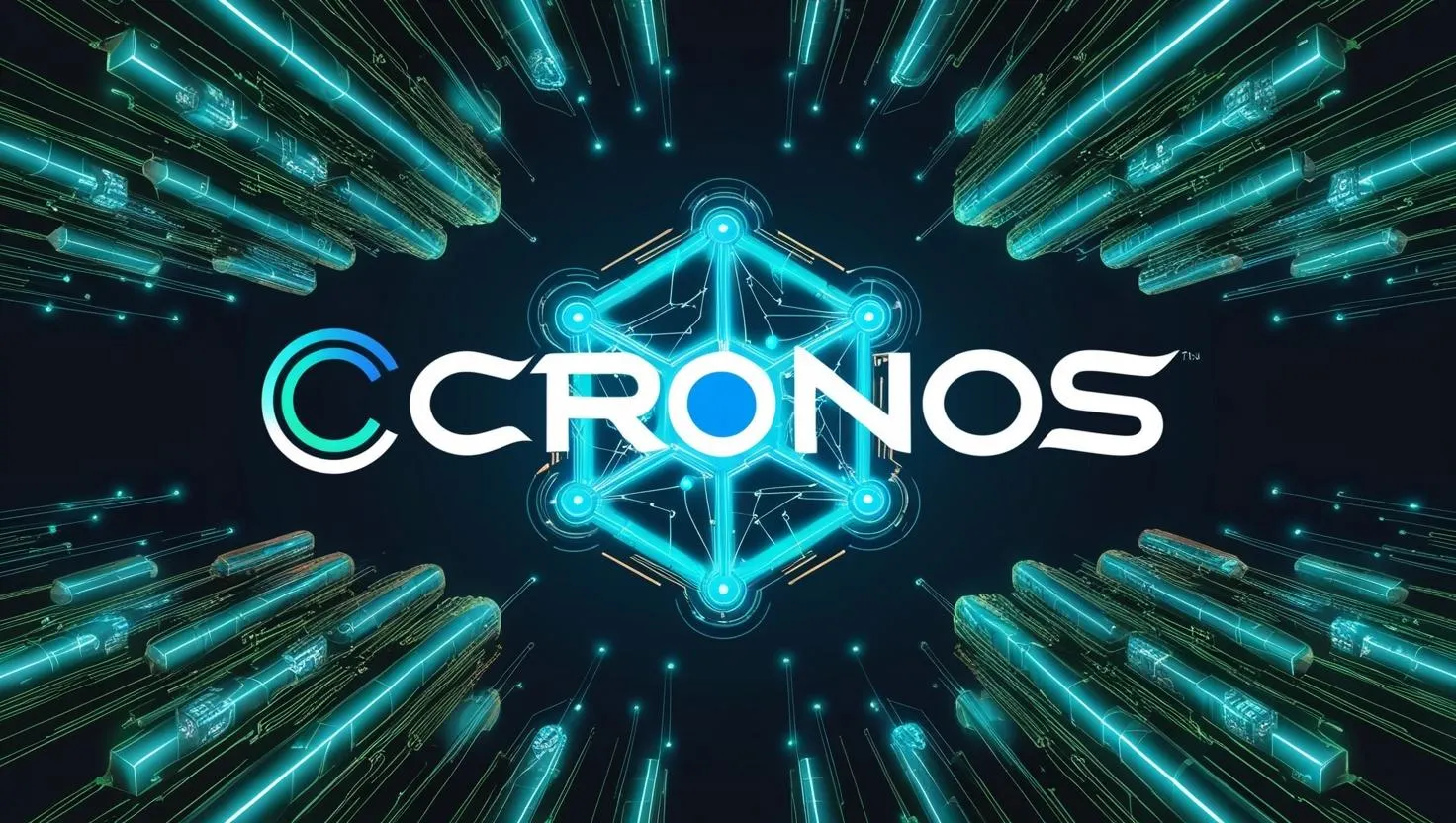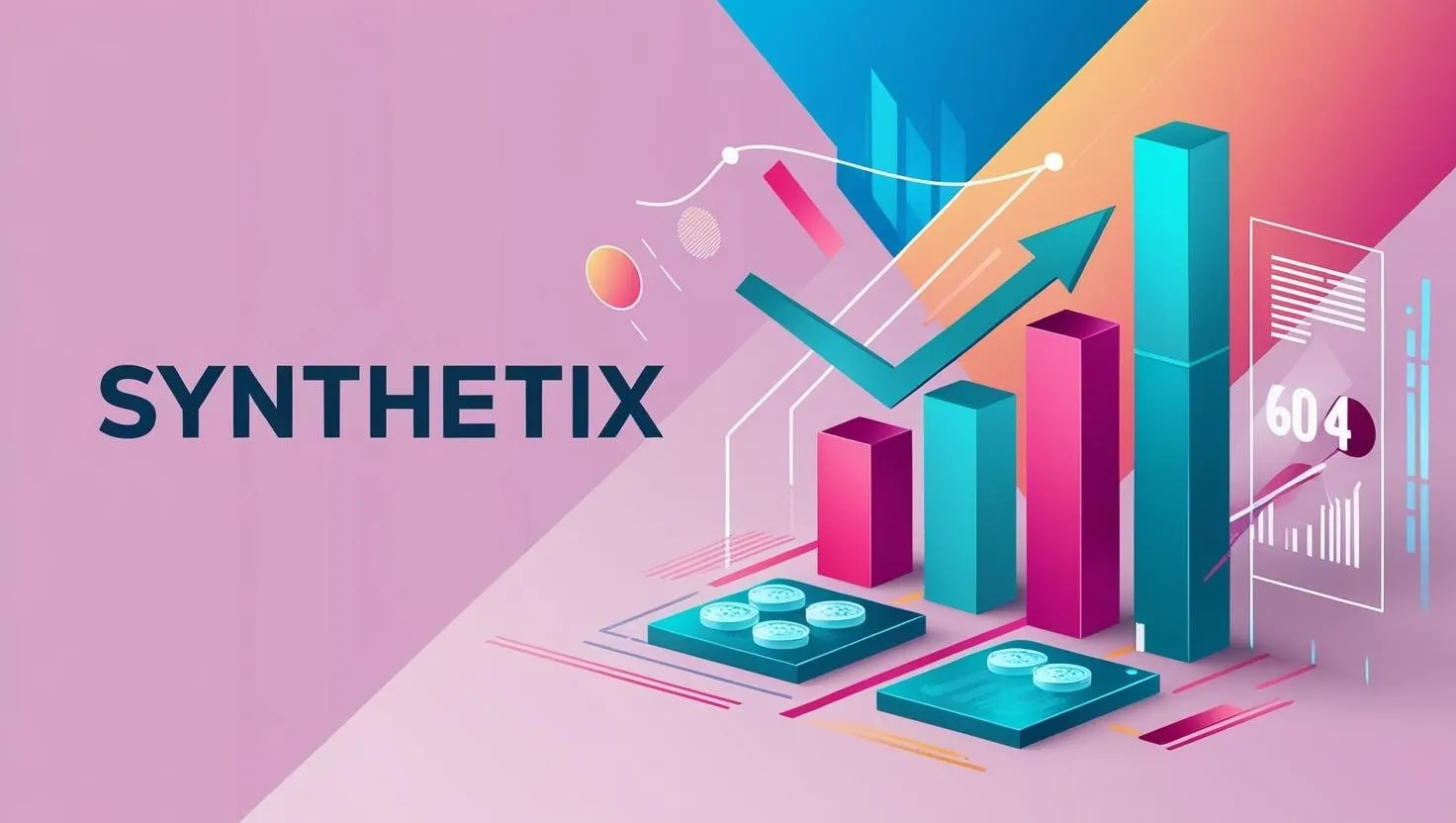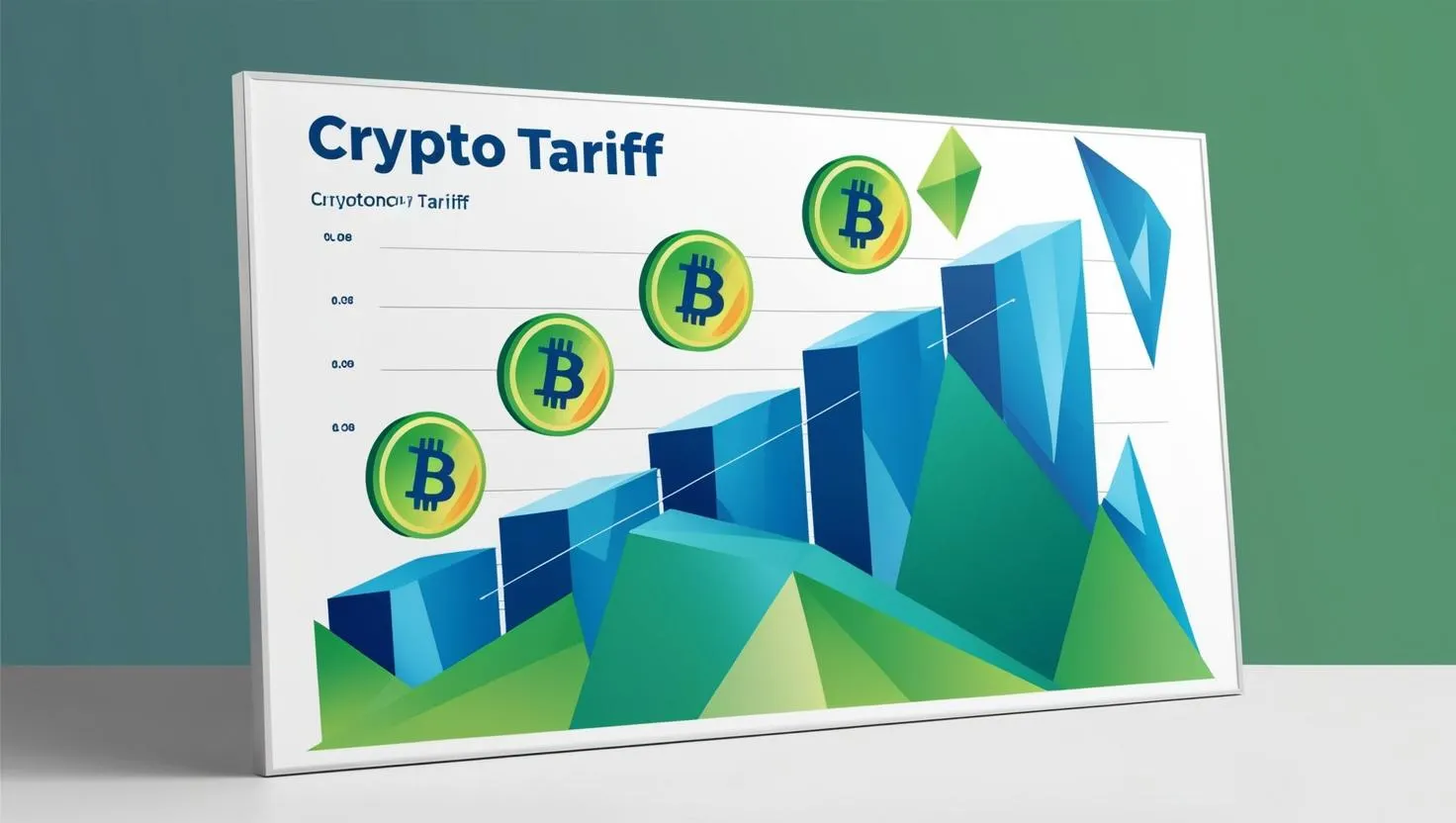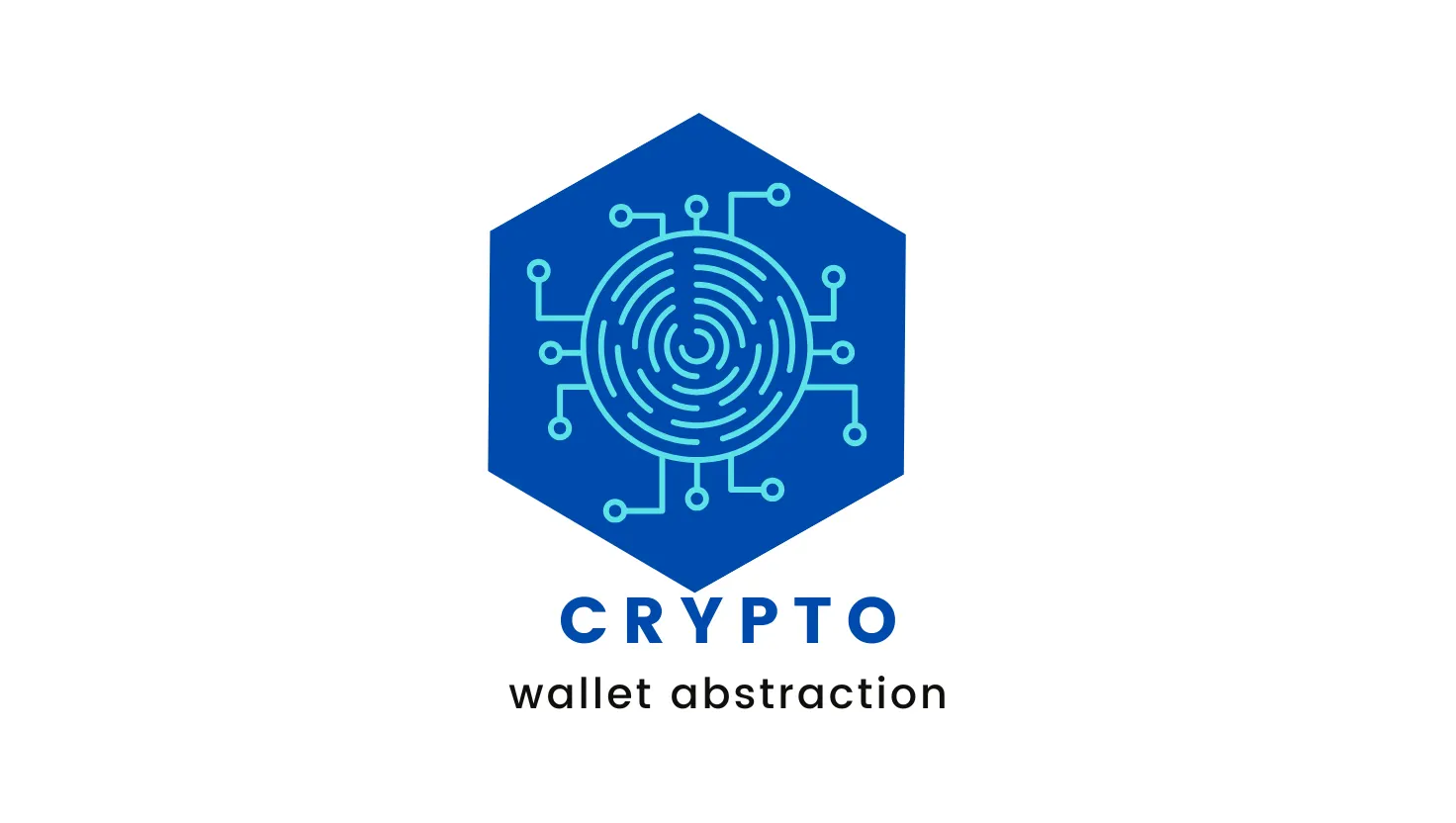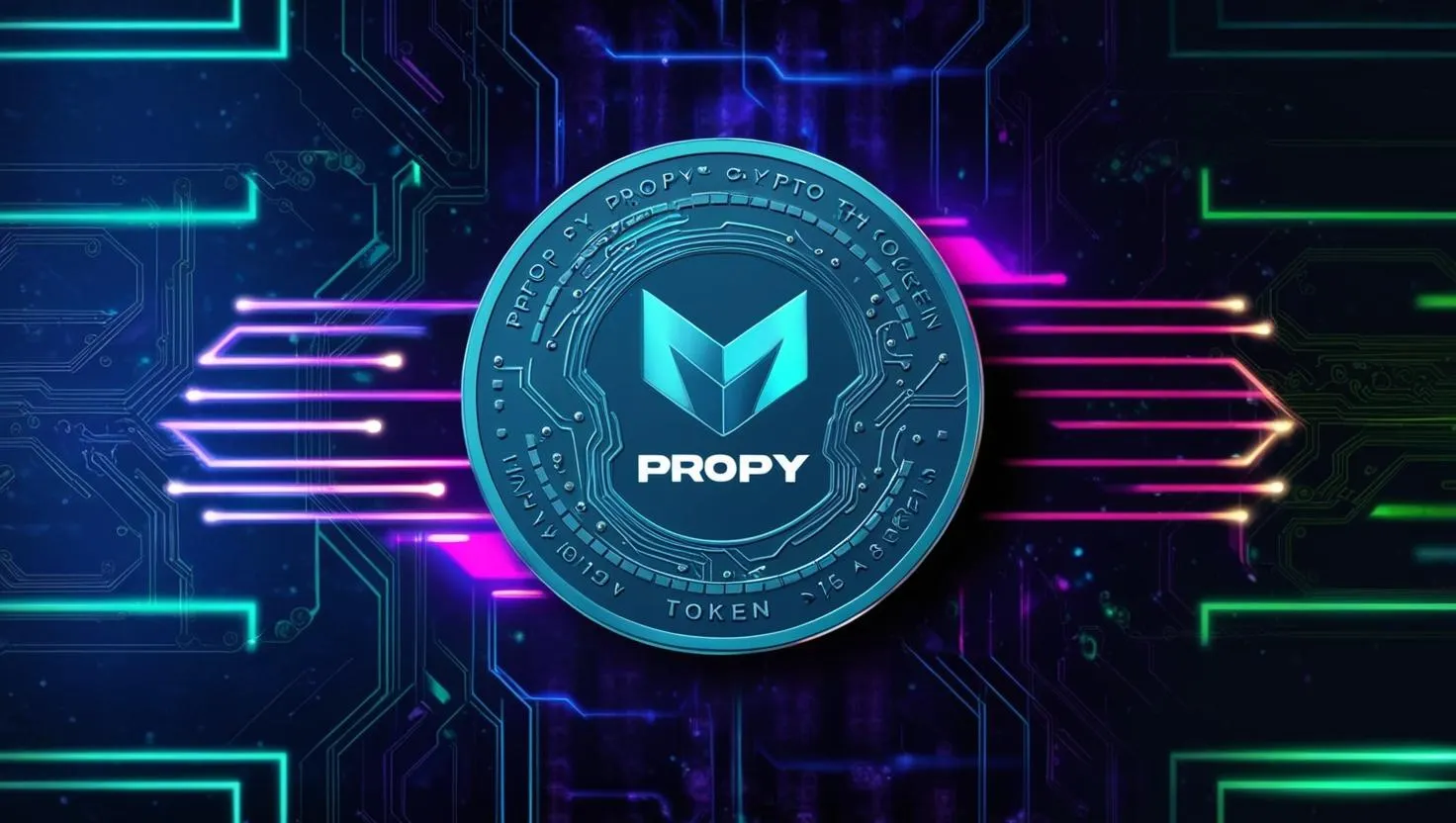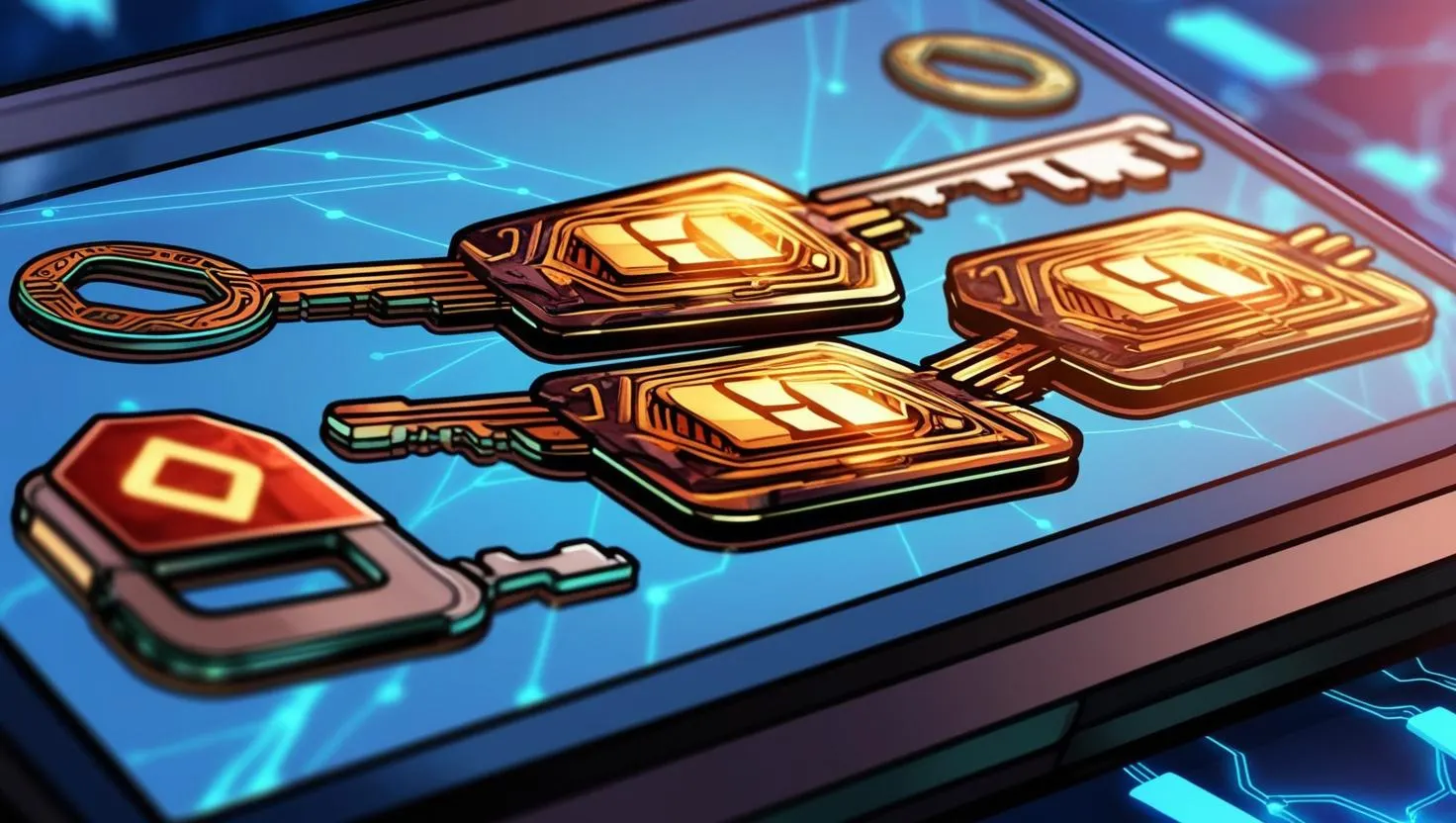Could TrumpCoin Violate the Sherman Antitrust Act? An Analysis of Potential Legal Concerns
In January 2025, President Donald Trump launched the $TRUMP meme coin, a cryptocurrency venture that quickly skyrocketed to a market capitalization of billions, fueled by his massive social media presence and pro-crypto agenda. While the coin has been celebrated by some as a bold move in the digital asset space, it has also raised significant ethical and legal questions, including the possibility of violating the Sherman Antitrust Act of 1890.
This article explores how the structure, marketing, and control of the $TRUMP coin could potentially run afoul of this landmark antitrust law, which prohibits anticompetitive agreements and monopolistic conduct.
Understanding the Sherman Antitrust Act
The Sherman Antitrust Act is a foundational U.S. law designed to promote free competition and prevent unfair monopolies.
It consists of two primary sections:
- Section 1 prohibits contracts, combinations, or conspiracies that restrain trade or commerce among states or with foreign nations. This includes agreements that fix prices, rig bids, or allocate markets.
- Section 2 addresses unilateral conduct that monopolizes or attempts to monopolize a relevant market, targeting actions that artificially preserve or create a monopoly through predatory or exclusionary means.
Violations of the Sherman Act can result in civil or criminal penalties, including injunctions, fines, or treble damages for private parties harmed by anticompetitive conduct.
Courts evaluate alleged violations under two frameworks: per se illegality for blatantly anticompetitive acts (e.g., price-fixing) or the rule of reason, which examines the actual effects on competition.
The $TRUMP Coin: Structure and Market Impact
The $TRUMP coin, launched via CIC Digital LLC (an affiliate of the Trump Organization) and Fight Fight Fight LLC, is a meme coin—a type of cryptocurrency with no intrinsic utility, driven by hype and community enthusiasm.
Key features of the coin’s structure include:
- Concentrated Ownership: The Trump Organization and affiliates control 80% of the coin’s supply, giving them significant influence over its price and market dynamics.
- Massive Trading Volume: Within days of its launch, $TRUMP generated over $24 billion in trading volume, with trading fees alone reportedly earning the Trump Organization $58 million.
- Presidential Influence: Trump promoted the coin to his 97 million social media followers, leveraging his political platform to drive demand. He has also promised to make the U.S. the “crypto capital of the planet,” potentially influencing regulatory policies that affect the coin’s value.
While meme coins are not inherently illegal, the unique circumstances surrounding $TRUMP—particularly its control by a sitting president and his business entities—raise questions about its compliance with antitrust laws.
Potential Sherman Act Violations
The $TRUMP coin could potentially violate the Sherman Act in several ways, depending on how its structure and promotion are interpreted under antitrust principles.
Below are the key areas of concern:
- Section 1: Anticompetitive Agreements or Conspiracies
Section 1 of the Sherman Act prohibits agreements that unreasonably restrain trade. The $TRUMP coin’s launch and operation could be scrutinized for potential collusive behavior, particularly given the involvement of multiple entities and the coin’s ties to Trump’s political influence.- Coordination with Industry Players: Reports indicate that major cryptocurrency platforms, such as Ripple, Coinbase, and Robinhood, donated significant sums to Trump’s inaugural fund, and some hosted events like the “Crypto Ball” during the coin’s launch. If these companies coordinated with the Trump Organization to artificially inflate $TRUMP’s value—through preferential trading, marketing, or liquidity provision—this could be seen as a conspiracy to manipulate the market, restraining competition in the cryptocurrency sector.
- For example, if Coinbase or other exchanges agreed to prioritize $TRUMP trades or limit competing meme coins’ access to their platforms, this could constitute a per se illegal agreement to exclude competitors, violating Section 1. While no direct evidence of such agreements has surfaced, the close ties between Trump and crypto industry leaders warrant scrutiny.
- Foreign Influence Concerns: The global, anonymous nature of cryptocurrency markets allows foreign actors to purchase $TRUMP coins, potentially to gain influence with the administration. Democratic lawmakers have warned that this could violate the Constitution’s Emoluments Clause, but it could also implicate the Sherman Act if foreign entities collude with Trump-affiliated entities to manipulate the coin’s price or exclude other market participants. Such actions could restrain trade by distorting the competitive landscape of the crypto market.
To prove a Section 1 violation, regulators would need evidence of an explicit or implicit agreement between the Trump Organization, its affiliates, or third parties to engage in anticompetitive conduct. The rule of reason would likely apply unless the conduct is deemed per se illegal, requiring an analysis of the coin’s actual impact on market competition.
- Section 2: Monopolization or Attempted Monopolization
Section 2 targets unilateral conduct that creates or maintains a monopoly through anticompetitive means. The $TRUMP coin’s structure and Trump’s unique position as president raise concerns about potential monopolistic behavior in the meme coin market or the broader cryptocurrency sector.- Market Dominance Through Presidential Power: Trump’s control of 80% of $TRUMP’s supply, combined with his ability to influence crypto regulations, could be seen as an attempt to monopolize the meme coin market. By promoting $TRUMP to millions of followers and promising favorable policies (e.g., deregulation or a crypto advisory council), Trump could artificially inflate the coin’s value, crowding out competing meme coins. This leverage of political power to dominate a market could be deemed exclusionary conduct under Section 2.
- For instance, if Trump’s administration enacts policies that disproportionately benefit $TRUMP (e.g., tax incentives for holding Trump-affiliated tokens or regulatory exemptions), this could exclude competitors and harm consumers by limiting choice and innovation in the crypto market. The coin’s reported 89% share of Trump’s net worth further suggests a financial incentive to prioritize its success over fair competition.
- Predatory Pricing or Market Manipulation: Meme coins are notoriously volatile, and $TRUMP’s price surged from $6 to $75 before dropping to around $12. The Trump Organization’s ability to control the coin’s supply and trading fees could enable predatory pricing or pump-and-dump schemes, where insiders artificially inflate prices before selling off holdings, crashing the market. Such actions could be seen as anticompetitive if they aim to eliminate rival meme coins or deter new entrants.
To establish a Section 2 violation, regulators would need to define the relevant market (e.g., meme coins or cryptocurrencies) and demonstrate that Trump or his affiliates possess monopoly power or are attempting to achieve it through exclusionary conduct. The rule of reason would likely apply, requiring evidence of unreasonable anticompetitive effects, such as higher prices, reduced innovation, or harm to consumers.
Ethical and Practical Implications
Beyond legal concerns, the $TRUMP coin’s structure raises ethical red flags that could amplify its antitrust risks. Ethics experts, including former White House ethics adviser Norman Eisen, have called it “the single worst conflict of interest in the modern history of the presidency,” citing Trump’s ability to profit from an industry he regulates. This conflict could lead to policies that favor $TRUMP at the expense of competitors, potentially triggering antitrust scrutiny from the Department of Justice or private plaintiffs.
Practically, the coin’s volatility and concentrated ownership increase the risk of consumer harm. If the Trump Organization dumps its 80% stake after the three-year unlocking period, it could crash $TRUMP’s price, leaving retail investors with significant losses. Such outcomes could prompt lawsuits alleging anticompetitive conduct, as harmed investors might argue that the coin’s structure was designed to enrich insiders while stifling competition.
Challenges in Proving a Violation
Proving a Sherman Act violation would face several hurdles:
- Defining the Market: Regulators must define the relevant market (e.g., meme coins, cryptocurrencies, or digital assets) and demonstrate that $TRUMP holds or seeks monopoly power within it. Given the fragmented nature of the crypto market, this could be complex.
- Evidence of Intent: Section 2 requires evidence of intent to monopolize through exclusionary conduct. While Trump’s promotion and policy promises suggest intent to boost $TRUMP, proving anticompetitive motives (as opposed to legitimate business interests) is challenging.
- Political Climate: With Trump in office and the Justice Department potentially aligned with his agenda, federal enforcement of antitrust laws against $TRUMP is unlikely. Private lawsuits or state-level actions might be more feasible but face political and evidentiary obstacles.
Conclusion
The $TRUMP coin’s unprecedented launch by a sitting president raises serious questions about its compliance with the Sherman Antitrust Act. Its concentrated ownership, massive market impact, and ties to Trump’s regulatory authority could potentially violate Section 1 through collusive agreements or Section 2 through monopolistic conduct. While no direct evidence of antitrust violations has emerged, the coin’s structure and promotion warrant scrutiny for their potential to restrain trade or exclude competitors in the cryptocurrency market.
As the crypto industry navigates this high-profile venture, regulators, lawmakers, and investors must remain vigilant. The $TRUMP coin may symbolize innovation for some, but its legal and ethical implications highlight the need for robust oversight to ensure fair competition and protect consumers. Whether it ultimately violates the Sherman Act will depend on how its market effects unfold and whether authorities are willing to challenge a president’s financial ventures.
Sources:
- Sherman Antitrust Act overview:
- $TRUMP coin structure and ownership:
- Trump’s promotion and crypto industry ties:
- Ethical concerns and conflicts of interest:
- Volatility and consumer risks:





